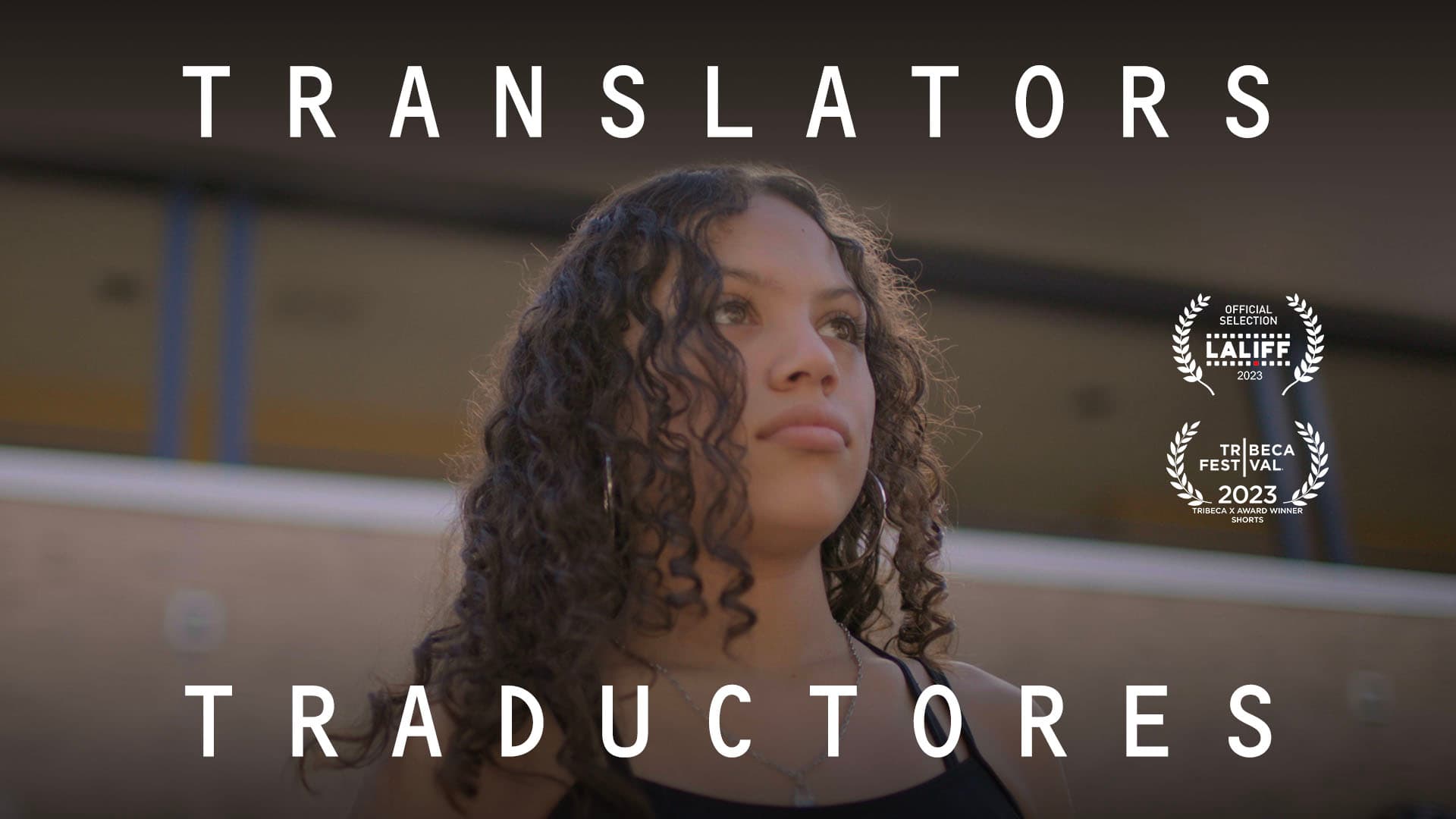2023-08-09
Blog
A new documentary film gives voice to the millions of children who act as translators for their families.
Director Rudy Valdez started making the film with the support of U.S. Bank. They reached out to him after the bank discovered that many children came into their offices to translate for their parents or other relatives. When looking into the issue, they found that 11 million children in the U.S. translate for their families.
The documentary follows three children: 11-year-old Densel, 13-year-old Harye, and 16-year-old Virginia, as they use their English skills to navigate their families in the new country. They translate report cards for their siblings' appointments with authorities, their own teacher-parent meetings, work instructions, and medical appointments. One scene, in particular, shows the emotional distress Harye experiences when her little sister needs surgery and Harye needs to translate. Her mom asks her if she thinks it's a big responsibility for her, and she answers:
“Quite a bit! … This is about a surgery… What happens if I say something wrong?”
This film beautifully sheds light on these children and their mixed emotions as they carry out the task of ushering their families through life in a new country. On one hand, they want to help their parents and feel like they are doing an important job. On the other hand, it can be difficult and emotionally stressful at times. The parents do their very best to create a life for their families in the new country, but they feel guilty about the strain put on their translating kids.

It is difficult not to think about how different life would be for many of these 11 million kids (and more worldwide) if they didn’t have to do this. They could focus solely on school, playing sports, hanging out with friends, or just being kids.
There are no obvious solutions to how to close the language gap in all different parts of society and situations where children translate. From experience we know that digital tools can help, at least in some situations, like healthcare. For complex conversations, a human interpreter is always the better option. Easier and more affordable access to interpreters is something we need to strive for. For more straightforward situations, a safe digital tool like Care to Translate could do the job.
Instead of children feeling pressured because they don't know the terminology or words in their native language.
Instead of being burdened with translating sensitive or embarrassing information.
Instead of the emotional stress of translating a serious diagnosis.
This is one of the many reasons why we at Care to Translate do what we do.
The Translators film made its debut at the Los Angeles Latino International Film Festival in June and can be seen in full at translatorsfilm.com.